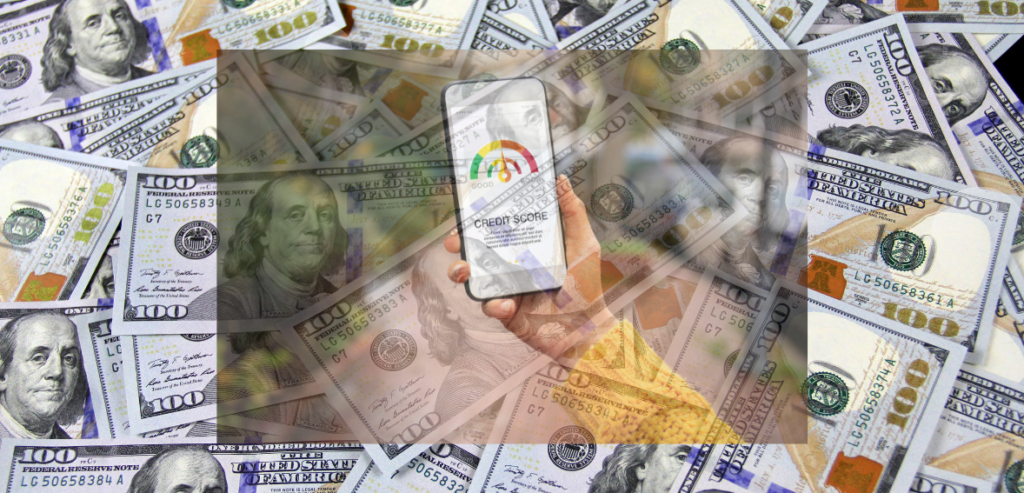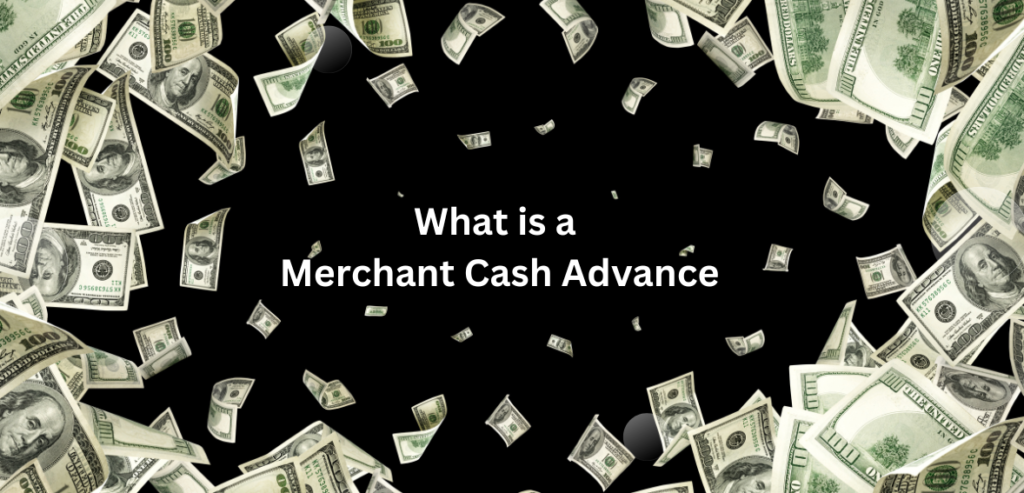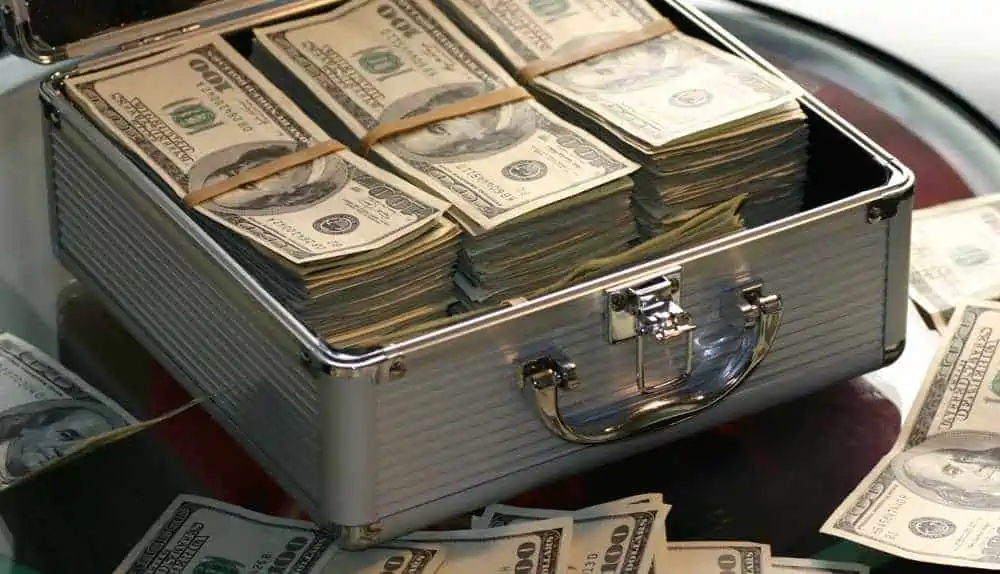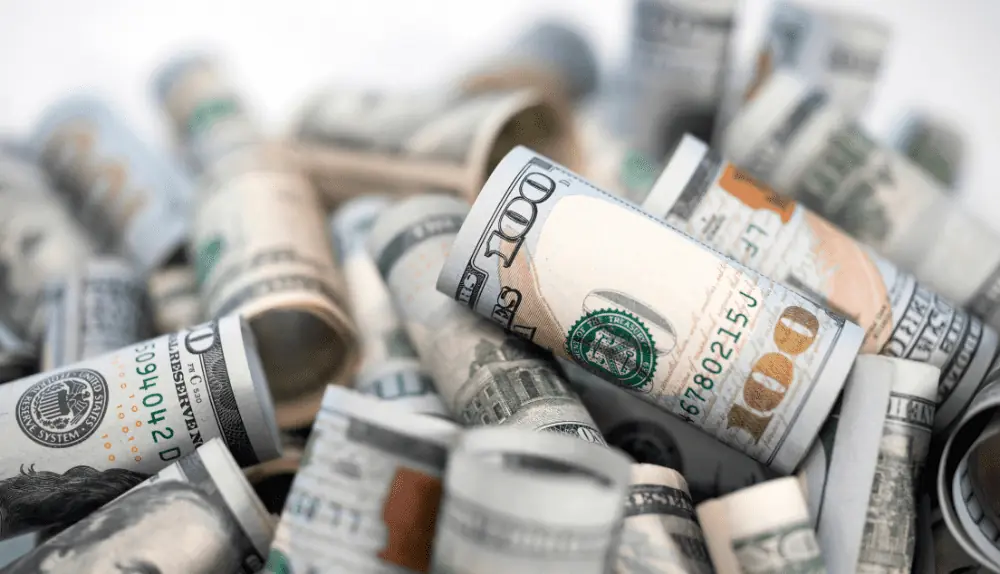What is a Merchant Cash Advance?
A merchant cash advance is an early payment on future credit or debit card receipts that the merchant is expected to process. Here is a guide that will answer all your merchant cash advance FAQs
It’s vital to remember that a merchant cash advance (MCA) is not a loan. As such, there isn’t any regulatory oversight of this product or its lenders, as there is for banks charged with protecting consumers from predatory lending practices, such as excessive interest rates.
Merchant cash advance (MCA) lenders don’t charge any interest rate but a ‘factor’ rate. A $10,000 MCA may carry a factor rate of 20% (can be as high as 60%), making the payback, including the MCA and the factor fee of 20%, $12,000.
Merchant Cash Advance FAQs

Can I get an MCA if I cannot get a loan from a bank?
Yes, you can. The multitude of reasons that banks won’t cater to specific clients has spawned an entire industry of alternative financing options, of which MCA is a significant part. MCA lenders don’t assess creditworthiness the same way a traditional lender would. They instead consider a merchant based on payments processed within a specific period.
Will bad credit or no credit impact my chances of an MCA?
MCA lenders don’t emphasize traditional credit risk measures too much. That’s not to say they don’t look at it at all, but having no credit or even bad credit is taken together with other measures of credit risk.
How much a merchant collects in payments every month is far more significant than the merchant’s low credit score. If merchants can demonstrate a certain amount of steady cash flow every month, then the MCA lender can use that as the basis for the amount they can lend and determine a suitable duration.

Will I need to change my existing merchant account provider?
It depends on the type of integration available between the MCA lender and the merchant account provider. It’s important to remember that once the merchant receives the MCA, the repayment can start the next day; few MCA lenders collect weekly. Often, the repayment process occurs via split payment processing. That’s when the MCA lender integrates data with a merchant’s payment processor and deducts a specific portion of the payments processed.
If that integration isn’t available from the merchant account provider, the MCA lender will require you to change processors to one with which they have an existing relationship.
How much MCA can I get approved for?
That really depends on the merchant’s payment processing history and the MCA facility offered by the MCA provider. There are MCA providers that provide cash advances from $1,000 to as high as $400,000. However, how much the merchants get approved for is determined by their payment processing history and capacity to repay within a certain period.

Businesses have the option to get approved for a higher amount by using the ACH MCA product, which not only looks at cash flow based on payments processed but total cash flow received in the merchant’s bank account. This allows an MCA provider to look at all sales proceeds received by a merchant, including cash sales instead of just credit and debit card sales.
How long before I get the funds if I’m approved for a merchant cash advance?
One of the most significant advantages of MCA is the speed with which they can be processed and paid out to merchants. The application process takes minutes, and approval is usually done within hours. Funds are typically transferred in a matter of days. However, it is vital to remember that the repayment processing can start immediately.
What is the repayment period for the MCA?
MCA providers view this financing option as short-term; thus, the duration of MCA can vary from as little as one month. They seldom go past 12 months. Also, as highlighted earlier, MCA are not-term loans, so the repayment periods aren’t fixed. They can vary based on the payments by the merchant on any given day. As a result, the repayment can be slower when business is slow and picks up as sales rebound.
How is the merchant cash advance repaid?
It is often a certain percentage of each batch or the daily total of credit/debit card payments processed, also known as the holdback rate. The MCA provider will usually have a holdback rate of 10%-30%, depending on the amount advanced and how quickly they expect to be repaid.
Another way for the MCA to be repaid is to have the amount directly debited from a merchant’s bank account. This would be done on a daily basis by the MCA provider.
Is an MCA right for my business?
As small businesses start out and are growing, they can have tremendous funding needs that aren’t always readily available. Either because the company is too new to have established credit or has poor credit. Nonetheless, merchants still have alternative financing options, including merchant cash advances.
However, it is essential to use this financing option as a last resort. MCA is fraught with risks since, unlike traditional bank products, MCA isn’t a loan. So MCA providers aren’t subject to the same regulations protecting consumers from predatory lending practices. Often the factor rate of an MCA can be the equivalent of a 60% interest rate, sometimes even higher.

Merchants may also be required to change payment processors as a stipulation of the MCA so that the provider can seamlessly split process daily repayment. This is a practice that the lender would have established with existing partners and would be loathed to set up again with another payment processor.

